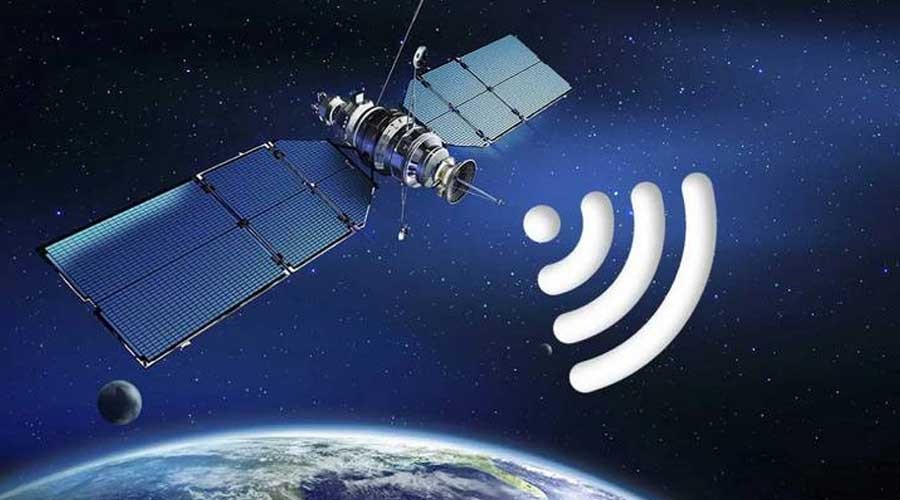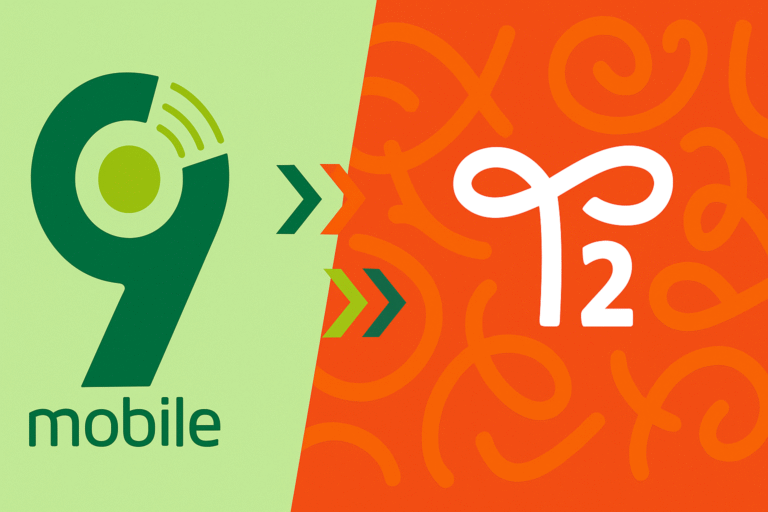Kenya’s satellite internet providers, including Starlink, are set to face a steep rise in operating costs as the Communications Authority (CA) has proposed a significant increase in licensing fees. If approved, the cost of a 15-year operating licence will soar by nearly 1,000%, from USD 12,302 (KES 1.57 million) to USD 115,331 (KES 14.81 million). Providers will also be required to pay an annual fee of 0.4% of their total revenue.
This regulatory shift comes as satellite internet companies, led by Starlink, rapidly expand in Kenya to meet the rising demand for fast, reliable internet services. Since entering the Kenyan market in mid-2023, Starlink has grown significantly, with over 8,500 users as of December 2024. However, the proposed fee hike may present challenges for smaller satellite providers, such as Viasat, Indigo Telecom, and NTvsat, whose combined customer base remains below 1,000 subscribers.
Increased Costs Could Impact Rural Connectivity
The proposed changes could make it more challenging for smaller companies to compete, potentially hindering efforts to expand internet access in rural and underserved areas. While local internet providers may benefit from reduced competition, critics argue that higher costs could slow the rollout of affordable, high-speed internet in regions that need it most.
Despite the fee increases, the CA has also introduced measures to broaden the scope of satellite ISPs’ operations. Providers will now have the opportunity to manage terrestrial cables, telemetry systems, tracking facilities, and even conduct space research. This change could allow companies like Starlink to establish ground stations in Kenya, overcoming regulatory obstacles that have previously delayed such initiatives.

Stricter Compliance and Expanded Licensing Options
Under the updated framework, satellite providers can operate in up to three counties, but exceeding this limit without upgrading to a higher-tier license will result in fines amounting to 0.2% of annual gross turnover. The CA has also introduced a new license category for small-scale operators, restricted to single-county operations. These operators will pay lower initial fees, ranging from KSH 1,000 (USD 8) for application fees to KSH 15,000 (USD 117) annually or 0.4% of gross revenue, whichever is higher.
Local Competition Intensifies
Starlink’s growing presence has intensified competition in Kenya’s internet market. Established providers like Safaricom have responded by doubling the speeds of their fibre internet packages and urging regulators to impose stricter controls on satellite ISPs. Safaricom has raised concerns about security risks, arguing that satellite companies operating without a physical presence or partnerships with local firms may pose accountability issues.
Despite the opposition, Starlink has maintained its appeal by offering competitive pricing. In September 2024, the company introduced a more affordable internet kit and a monthly plan costing just USD 30.87. This move aimed to attract new subscribers, especially as Safaricom continues to dominate the fixed-internet market with over 350,000 users.
While the proposed fee hikes aim to regulate the satellite internet sector and ensure compliance, they also highlight the tension between fostering competition and maintaining affordability.
These developments come at a time when the demand for reliable, high-speed internet connectivity is growing rapidly, driven by the increasing digitalization of Kenya’s economy and society. Whether these regulatory changes will spur innovation or stifle competition remains to be seen.




